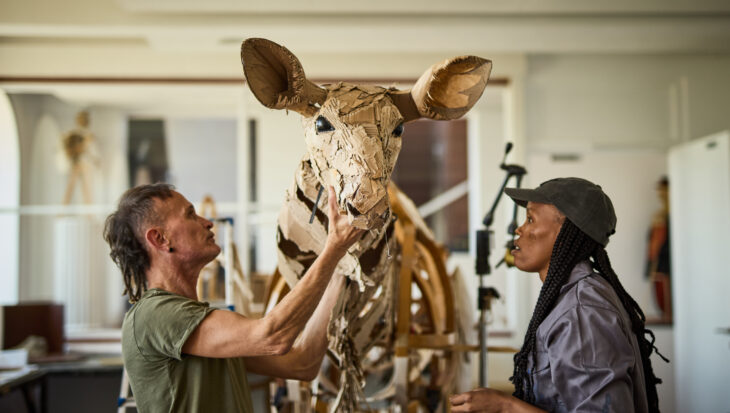Animal Aid in parliament to discuss ending animal tests
Yesterday, Animal Aid hosted a roundtable in Westminster, to meet with MPs and other invited guests to discuss the ending the LD50 and other animal tests.
Posted 02 Jul 2025

Posted on the 30th September 2003
The following powerful endorsement of the growing scientific opposition to experiments on primates appeared in the Daily Telegraph on 30th September 2003. It is written by the Telegraph's leading health writer, Dr James Le Fanu.
The current controversy over the proposal to open a primate research laboratory in Cambridge has attracted the hostility not only of the usual suspects. The letters page of last Tuesday’s edition of this paper revealed the objections of a coalition of scientists, researchers and neurologists (see letter).
The central problem is that, despite more than 100 years of research, scientists have come to realise that they have no grasp of how the brain really works. Clever chemists, to be sure, have identified dozens of neuro-transmitters, and sophisticated brain scanners can delineate with great accuracy which part of the brain does what.
But the practicality of how we memorise something as simple as a telephone number or how we perceive the world around us remains completely elusive. The brain now appears so profoundly complex, mysterious and inscrutable as to defy human understanding.
This is all very frustrating for young scientists whose jobs depend on them doing something to convey the impression that their research is useful. So they end up doing terrible things to our beautiful primate cousins under the guise of finding the cure for some disease or other.
Primate research has contributed nothing to the development of treatments for stroke, but this does not discourage researchers from continuing to damage monkeys’ brains to see what effects this might have on their ability to carry out certain tasks.
Similarly, it is absurd to suppose that the enigmas of diseases such as Alzheimer’s or Parkinson’s might be resolved by primate experiments, because their brains are so qualitatively different from our own. Indeed, as Professor Claude Reiss and his fellow signatories point out, the proposed primate research centre will not just cause yet further distress to monkeys. It will also divert attention and resources from more creative and useful lines of research.

Yesterday, Animal Aid hosted a roundtable in Westminster, to meet with MPs and other invited guests to discuss the ending the LD50 and other animal tests.
Posted 02 Jul 2025

Have you heard? A breathtaking arts initiative, ‘The Herds’ will be arriving in London this Friday.
Posted 27 Jun 2025
